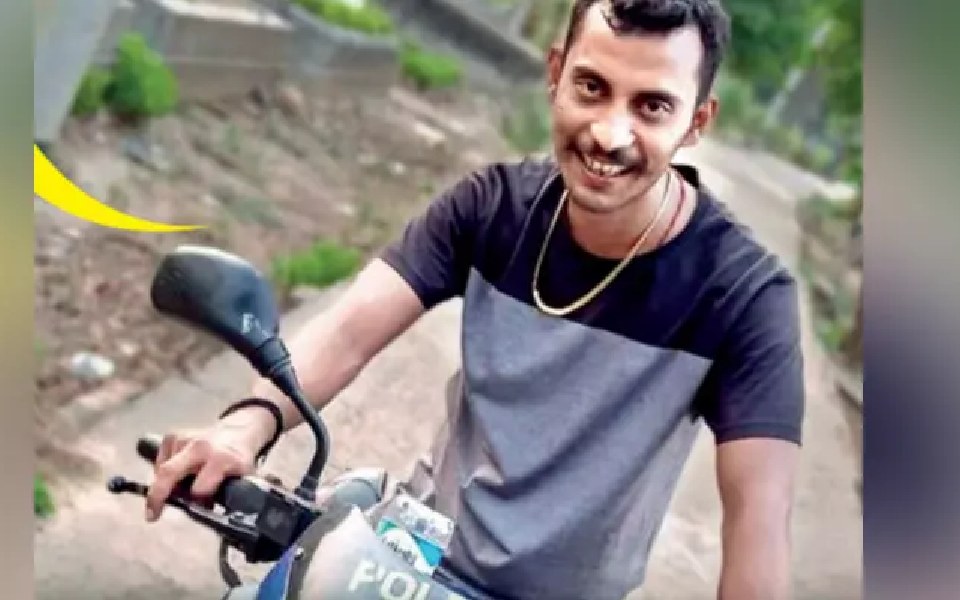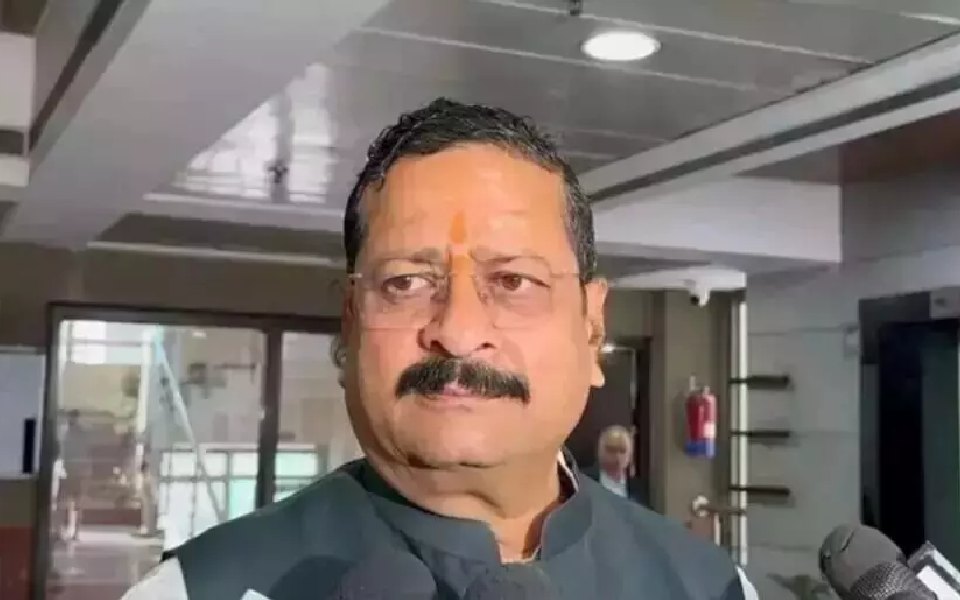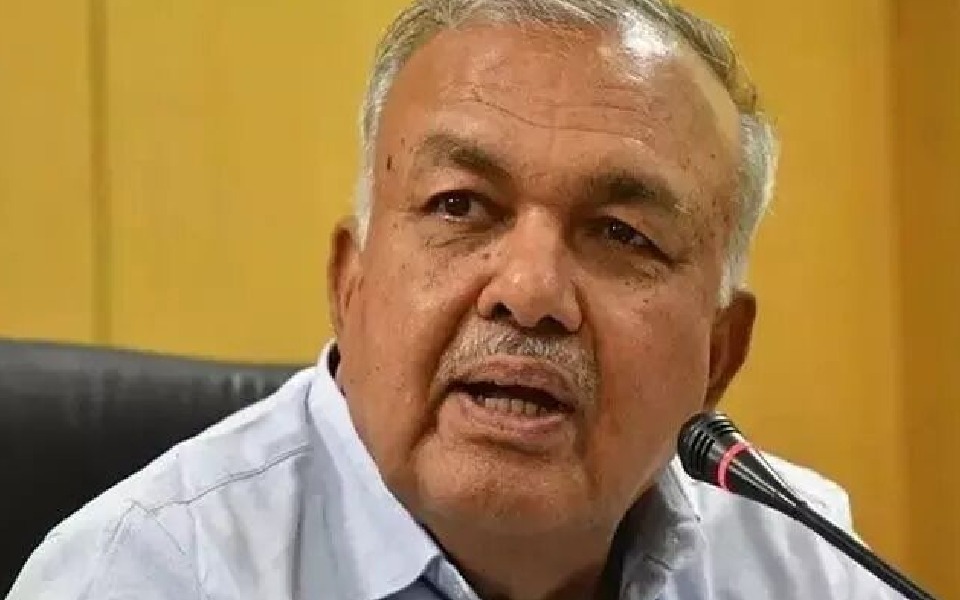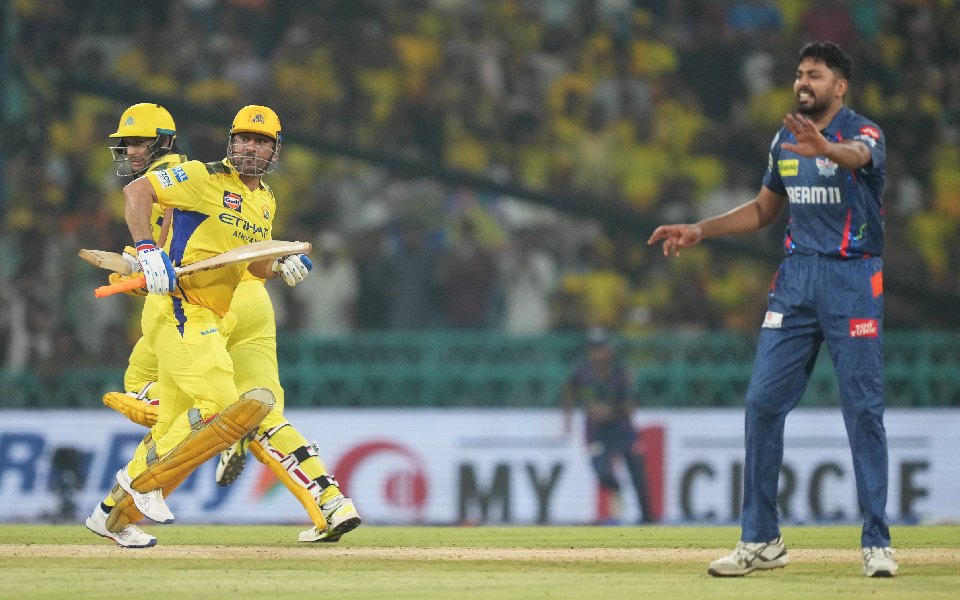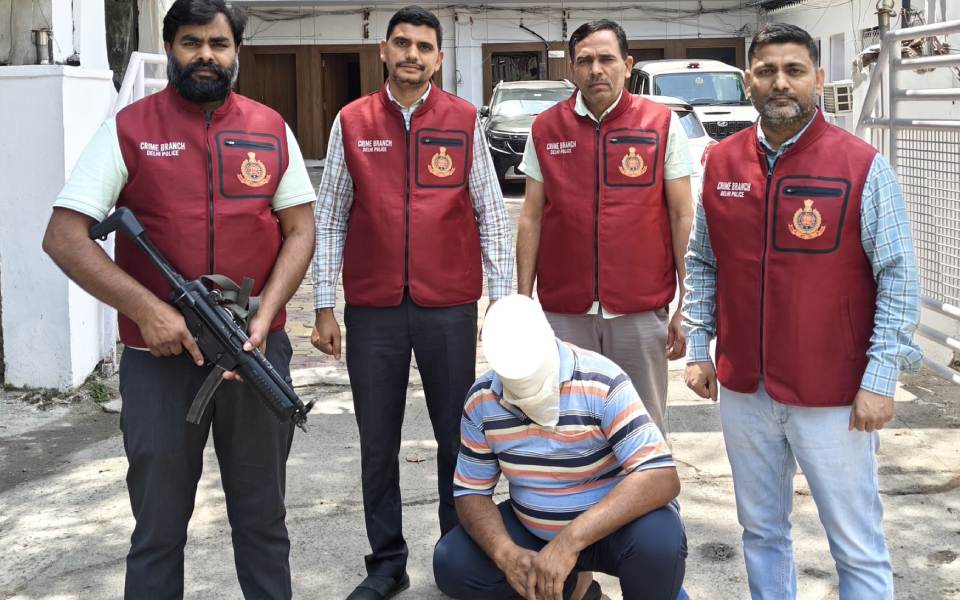New Delhi, Oct 7: Civic volunteer in Kolkata Police Sanjay Roy had raped and killed the trainee doctor in the seminar hall at RG Kar Medical College and Hospital on August 9, the CBI has alleged in its first charge sheet in the sensational case filed on Monday while ruling out "gang rape".
In the charge sheet filed before a Sealdah court 54 days after the CBI took over the investigation, the agency said that Roy had committed the crime alone and it has not found evidence so far to substantiate allegations of gang rape and involvement of other individuals, officials in the know of the developments said.
The agency told the court that it has kept the probe open into other aspects of the crime, they said.
The report had annexure carrying statements of prosecution witnesses was filed .
The local police had arrested Roy on the next day of the crime - August 10 - based on the CCTV footage and his inability to explain his conduct at the time of the crime.
The CBI heavily relied on the CCTV footage which showed Roy entering the seminar hall at around 4 AM on August 9, they said. The footage showed that he had left the room after 30 minutes, they said.
The DNA samples collected from his nails also indicated his role in the gruesome crime, they said.
The body of the trainee doctor was found at 9.30 am on August 9 by her colleague who went looking for her before starting ward rounds.
The Tala police station was informed about the "body of a lady lying in an unconscious state" and its team reached the spot around 10.30 am. Her autopsy had shown multiple internal and external injuries on the body.
The CBI has charged Roy with Bharatiya Nyaya Sanhita sections 64 and 66 pertaining to rape and 103(1) relating to murder.
Section 66 of the BNS prescribes a punishment for causing the death of a woman during rape, with a minimum of 20 years rigorous imprisonment or life imprisonment or death sentence. Under Section 103 (1), the punishment is death or imprisonment for life.
The CBI, which took over the investigation on August 14 following a Calcutta High Court order, also took Roy’s custody and conducted a detailed interrogation, followed by a polygraph test.
Roy had claimed innocence during questioning and had said that when he entered the room he found the woman doctor unconscious. He could not explain the reasons why he did not inform the police.
Roy had refused to give consent for the narco analysis, following which the CBI could not proceed with the test.
The CBI has also arrested Tala police station officer-in-charge Abhijit Mondal and former principal of the medical college Sandip Ghosh in the case. Ghosh is also facing another CBI case pertaining to alleged corruption.
The junior doctor's killing sparked protests by resident doctors across the country, demanding better security for them.
The Supreme Court also took cognisance of the case and related allegations levelled by agitating doctors and has been holding hearings on the matter.
Let the Truth be known. If you read VB and like VB, please be a VB Supporter and Help us deliver the Truth to one and all.
Vijayapura: Vijayapura MLA Basanagouda Patil Yatnal has denied making any derogatory statement about Prophet Muhammad, clarifying that there was a misstatement during his speech at a Ram Navami event in Hubballi. "I did not speak about Prophet Muhammad. I meant to refer to Muhammad Ali Jinnah, but there was a mistake in the speed of speech," he said addressing reporters on Monday.
He alleged that members of the Congress, frustrated by their hooliganism and failure to collect their hafta (extortion) in Vijayapura are using the Prophet as an excuse to speak against me. “There is no culture of denigrating another religion in Hinduism. Our gurus and elders have not taught us that,” he said.
Responding to another controversy involving an audio clip in which he was allegedly threatened, Yatnal said the police are investigating the matter and that those behind it will soon be exposed. “No one can finish me. The Hindus of Karnataka are with me. If someone tries to finish me, the whole state will rise in protest,” he warned.

